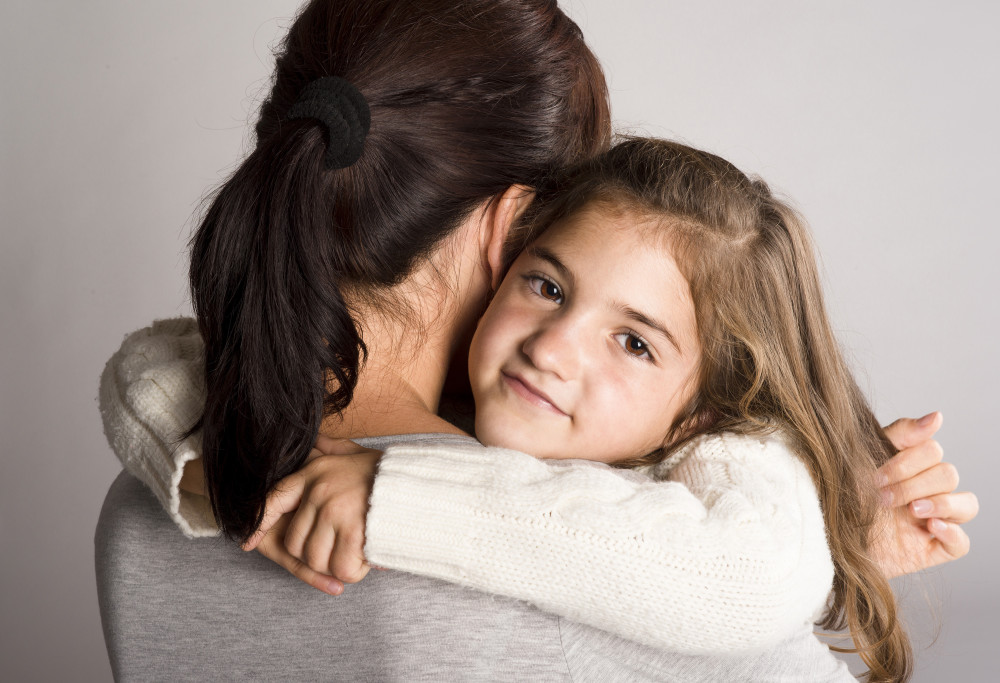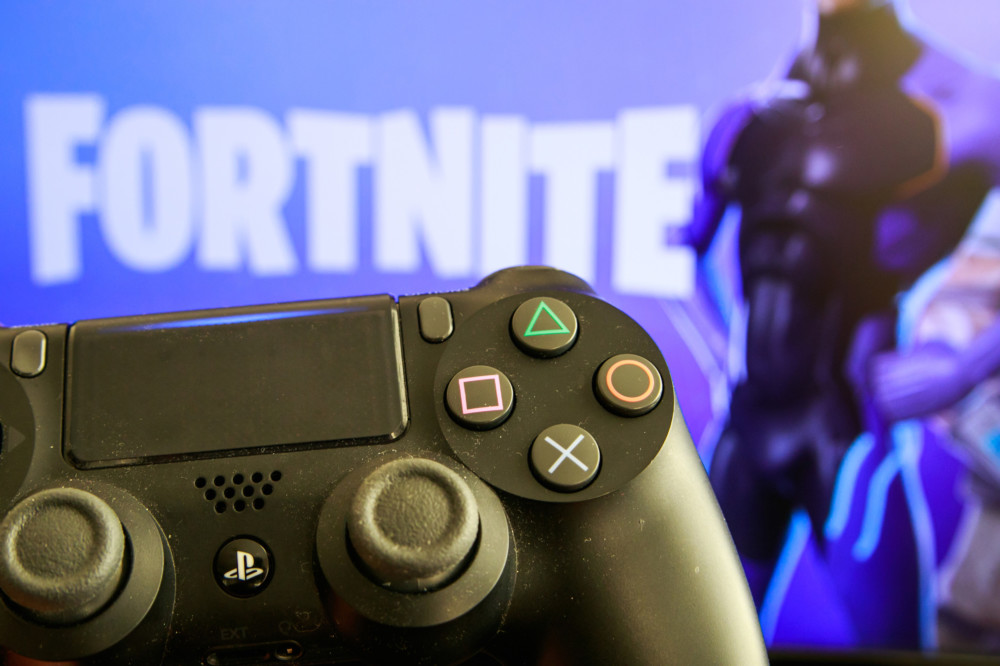By Heidi Stevens
Chicago Tribune.
I hate to rain on my kids’ self-aggrandizing parades, but when they say things like, “Anything is possible if you believe in yourself,” they leave me no choice.
Belief or no belief, a lot of things are not possible: Time travel. Moving a mountain with your bare hands. Getting “Call Me, Maybe” out of your head.
I gently remind them of our human limitations, not to curb their self-esteem but to underscore early and often that flat-out effort and hard work are better bets for success than belief in your own greatness.
So I knew I was going to love Leonard Sax’s new book, “The Collapse of Parenting: How We Hurt Our Kids When We Treat Them Like Grown-Ups” (Basic Books), when he took issue with a poster he saw hanging at a school.
“Dream until your dreams come true,” it read.
“That’s bad advice,” Sax writes. “Better advice might be, ‘Work until your dreams come true.'”
Even better, he suggests: “Work in pursuit of your dreams, but realize that life is what happens while you are making other plans. Tomorrow may never come or may be unrecognizably different.”
Plenty of children know this. Plenty of children have lives that require a brand of hard work and effort that would leave the adults I know exhausted and dispirited and begging for mercy. Plenty of children know that tomorrow may never come, particularly in Chicago, where more than 2,500 people have been shot this year.
Plenty of other children, though, live an utterly different reality.
As a researcher, Sax has visited close to 400 schools over the past 15 years. As a physician and psychologist, he has encountered dozens upon dozens of families in which the children call the shots, an 8-year-old girl overruling her parents’ top choice for her private school, a teenager who sneers at vegetables and swears at grown-ups, high school students who laugh when asked whether they avoid social media sites that their parents don’t like. As if.
Parents, Sax argues, have become an afterthought. A means to other ends.
“In American culture today, same-age peers matter more than parents,” he writes. “And parents are reluctant to change the rules … because parents are suffering from ‘role confusion.’ … They are unsure what authority they ought to have and how to exercise it.”
Modern parents, he says, are raising our children in a culture of disrespect. And the parents, most often, are on the receiving end of that disrespect, in large part, he argues, because so many of us raise our kids to think they’re in charge.
“I think good parenting means letting kids decide,” the mom whose school choice was vetoed by her 8-year-old told Sax. “That’s how kids learn, right? If I make all the decisions for her, how will she ever learn to decide on her own?”
Then again, how will she learn she’s not an infallible, all-knowing genius if she’s raised to believe her opinions matter more than her parents’ opinions?
“Humility has become the most un-American of virtues,” Sax writes. “And partly for that reason, humility today is the most essential virtue for any kid growing up in the United States.”
Which brings us to that poster.
Inflated self-esteem, Sax writes, is the opposite of humility. Belief in yourself, to achieve your dreams, to succeed where others fail, is sold to children as their birthright. Parents are just here to deliver children to their predestined greatness.
“For the sake of your child, you have to create an alternative culture in your home,” Sax writes.
“You have to assert without apology the primacy of the parent-child relationship over relationships between same-age peers,” he writes. “You must teach your child that every choice he or she makes has immediate, far-reaching and unforeseen consequences.”
That’s hard to grasp when you’re 8. (Or 18, for that matter.)
Sax’s book isn’t available for purchase until late December, but if his message strikes a chord, it may be worth a preorder.
I found parts to be needlessly nostalgic, particularly his contention that pop culture used to be some sort of utopia. Of “I Love Lucy” and “The Dick Van Dyke Show,” he writes, “They were good role models for children, because they were good people.”
Eh. Ricky used to spank Lucy, and people of color barely existed, apart from Desi Arnaz, on either of those shows. We can do better than that.
But he’s sounding some alarms that we’d do well to heed, and, for our kids’ sakes, I think sooner is better than later.















































































































































































































































































































































































